Okay. It's 7:30 on a Tuesday evening, and I'm setting up a blog for a second time. The starts weren't aligned yesterday.
For several years, I've been using the issue of Mountaintop Removal (MTR) in my writing courses as a catalyst for talking about civic responsibility, ecological literacy, informed energy consumption, community and grassroots activism among other things. This is my fourth semester with the topic, and sadly not much has changed. In fact, things have gotten worse. Entire mountains are being REMOVED--yes, exterminated--right now. The Appalachians, particularly the Cumberlands, are under seige.
Each class starts out more or less at the same point: researching the topic in order to form some picture of the terrain. We read what's been published. This semester we're reading Erik Reece's Lost Mountain: A Year in the Vanishing Wilderness: Radical Strip Mining and the Devastation of Appalachia (2006). Several fascinating and troubling accounts of MTR have appeared in print in the last few years [I recommend Michael Shnayerson's Coal River: How a Few Brave Americans Took on a Powerful Company--and the Federal Government--to Save the Land They Love (2008) and Penny Loeb's Moving Mountains: How One Woman and Her Community Won Justice from Big Coal (2007)]. I chose Reece because his account, for the most part, represents the kind of first-hand, experiential, close observation that research writers need to practice.
After students come to a clear, detailed understanding of the tendrils of the issue (i.e. the history of coal mining in Appalachia, how the coal industry came "to own" the coal, the various regulations on strip mining written into the 1977 Surface Mining and Reclamation Control Act, the rise of MTR as a preferred, "cost-effective" method, ballooning coal production and the corresponding retreat of mining jobs, the impact of MTR on the human and natural environment, how we are all connected to the issue through our informed or uninformed consumptive patterns and behavior, and the tragically comical re-branding of the coal industry with such misnomers as "clean coal" to name a few), they are in a position to formulate their own arguments and suggestions. I always try to present students with opportunities to research, write, and act for authentic reasons, reasons that transcend the confines of "an essay for my English class." Sometimes the tasks have been simply yet democratically profound: write a letter to the editor of your local newspaper. Other times the tasks have been much more focused, weighted with more civic responsibility, like the time students submitted researched comments to the Office of Surface Mining concerning a change to "the buffer zone" rule that was open for public commentary. We've developed brochures, pamphlets, and newsletter for dissimenation around campus; we've held public awareness rallies, complete with poster sessions detailing the true ecological, social, and spiritual costs of "cheap" energy.
But in the end, students still ask "what can we do to make a real difference?" And while I try to assure them that writing with passion from an informed perspective and gaining "a voice" on the issue is important, a sense of futility remains: "So I've submitted my opinion to an electronic recepticle in some building of some colossal bureaucracy in Washington D. C. What have I accomplished? What have I done that has lasing value? How will this change the status quo? Who, exactly, is listening besides you, our teacher, and some government lacky who has to sift through our emails.
Stay tuned for a locally-based, homegrown response.
Subscribe to:
Post Comments (Atom)


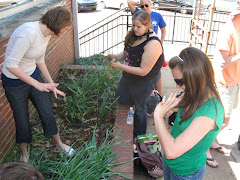
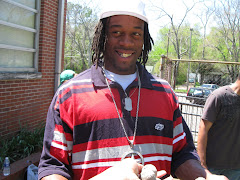



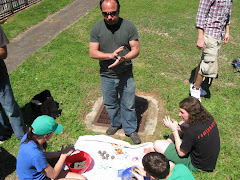
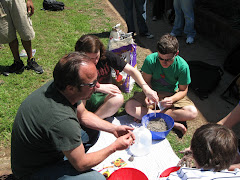







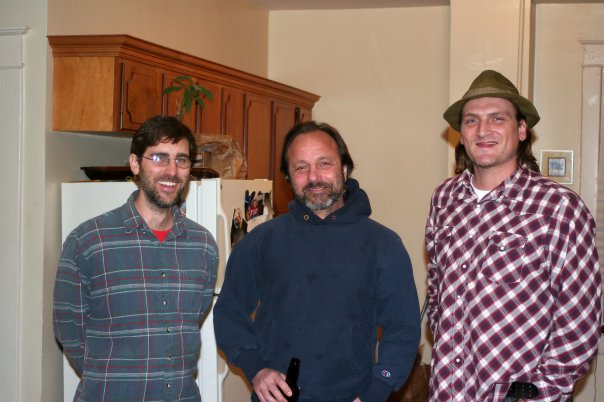
No comments:
Post a Comment